
The growth of marine organisms such as barnacles on ship hulls is a major drag for the naval industry, since their presence is one cause of increased energy costs. Researchers, led by Ralph Liedert at the University of Applied Sciences in Bremen, claim that they have solved this problem by using artificial shark skin, as its unique properties offer a structural design that prevents this so-called ‘bio-fouling’. Liedert claims that covering ship hulls with artificial shark skin could help ships sail more smoothly with greater efficiency.
Shark skin comprises scales that can flex individually from each other, making it extremely difficult for organisms to adhere themselves to sharks. Liedert has produced a synthetic shark skin of elastic silicone, complete with the same significantly decreased contact surface. This reduced contact surface makes it harder for barnacles to attach, and reduces fouling by 67 percent. When applied to the ship hull, the artificial surface would enable ships to ‘self-clean’, and a speed of 4-5 knots would remove all organisms attached.
Liedert is presenting his work on the application of artificial shark skin at the Society for Experimental Biology Annual Meeting in Barcelona.


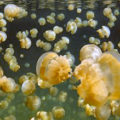





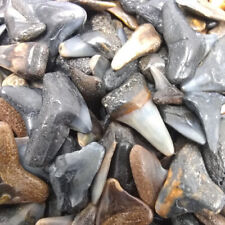
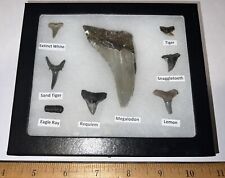
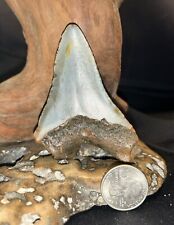




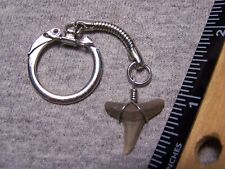

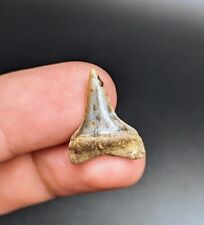
Comments are closed.